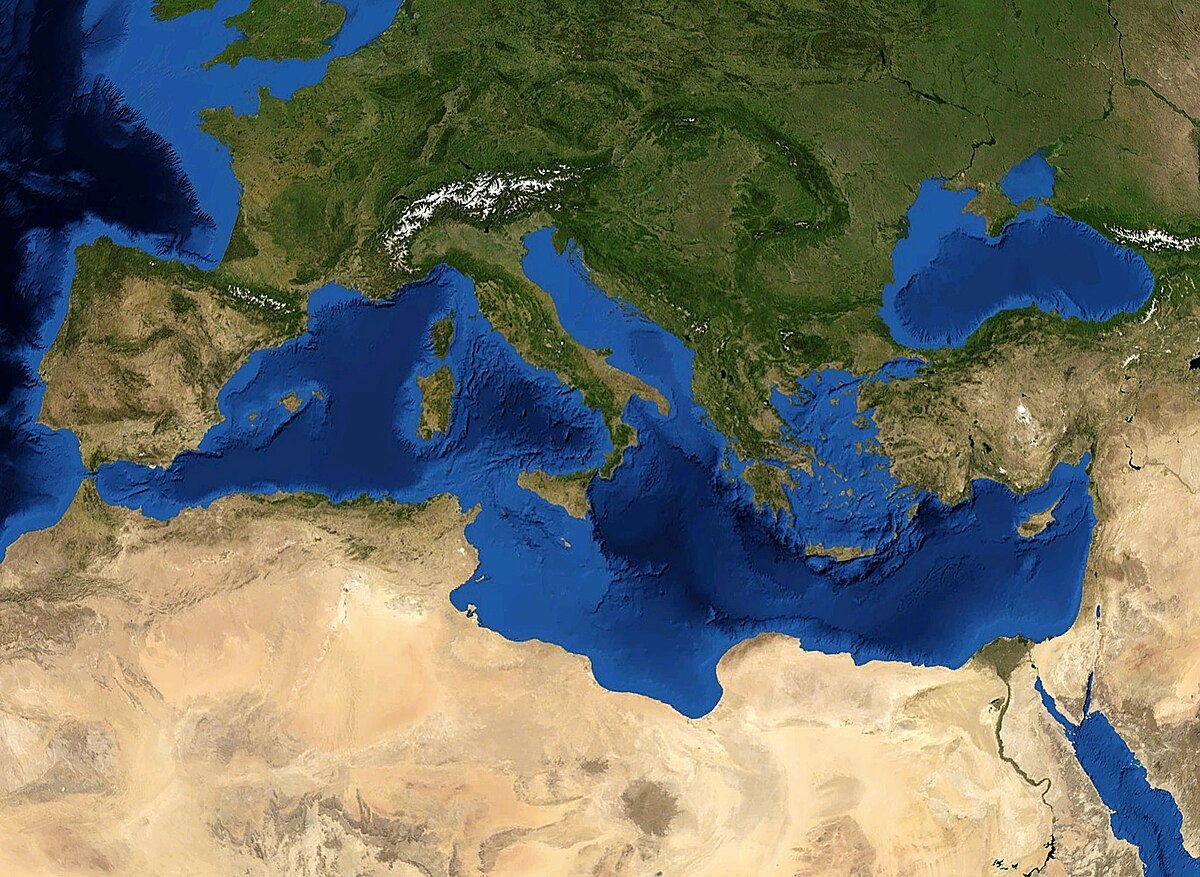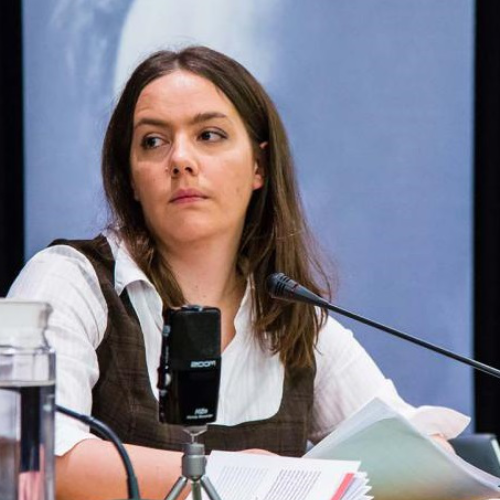Last week, the European Commission unveiled the Pact for the Mediterranean, a new political framework meant to reshape the European Union’s relations with its southern neighbourhood. The new Pact is a policy framework developed by the European Commission’s Directorate General for the Middle East, North Africa, and the Gulf (DG MENA), under instruction from Commission President Ursula von der Leyen, and designed to revive the EU’s relations with its Southern neighbourhood.
Structured around three pillars — people, stronger and more sustainable economies, and security, preparedness and migration management — the Pact aspires to signal a new phase of partnership based on co-ownership and shared responsibility. Yet, as early commentators have noted, the initiative risks being “dead on arrival”: rich in vision but poor in tangible mechanisms to bridge societal divides or tackle the region’s most urgent challenges. Its success will depend not on diplomatic statements, but on whether it can turn political commitments into measurable progress — a challenge the EU has repeatedly failed to meet in its previous Mediterranean frameworks.
In its section “evidence-based policymaking and knowledge sharing”, the Pact acknowledges a simple truth: there can be no common Mediterranean strategy without a common understanding of the facts. Reliable, comparable, and jointly owned data are the precondition for cooperation across all policy areas — from migration and climate to trade, security, and energy.
As MedMA’s research has consistently shown, the Mediterranean remains a fragmented knowledge space in policy making on migration and asylum. Asymmetries in data collection, definitions, and political access to information continue to distort the evidence base on which policy is built. In practice, this means that decisions affecting millions are often taken on the basis of partial, outdated, or politically filtered data. Bridging this “data divide” is not a technical matter; it is a matter of trust and accountability.
From Evidence to Influence: The Missing Mediterranean Knowledge Architecture
The Pact recognises the need for “an ad hoc mechanism to exchange information and assess cross-border impacts of respective legislation.” But beyond this declaratory intent, the EU and its southern partners still lack institutionalised structures for joint data governance. Without shared ownership, information exchange risks remaining one-directional — from South to North — reproducing the very imbalances the Pact claims to overcome.
Migration offers the most striking example of the region’s data asymmetry. As demonstrated in MedMA’s research, migration statistics are often incomplete, politicised, or simply incomparable across countries. Indicators such as “returns”, “irregular crossings”, or “integration outcomes” can vary widely in definition and methodology, making regional policy coordination nearly impossible.
Thus, we propose the establishment of a Mediterranean Migration Observatory, co-hosted by EU and southern partners. Building on existing academic and policy networks — including MedMA’s comparative research, migration mapping, and policy dialogues — such an Observatory could operationalise the Pact’s commitment by providing a permanent platform for data exchange, joint analysis, and policy evaluation. As MedMA’s research has already showcased, a full regional analysis would also require analysing trends in other important routes, including the Western Balkans and the whole MENA region.
This would not be another Brussels-based think tank. It would be a regional public good: a space where evidence is co-produced, verified, and shared to inform fairer, more effective migration governance across the Mediterranean. If the Pact is to become more than a declaration, it must invest in the infrastructure of trust — shared data, shared analysis, and shared accountability. Evidence is not neutral; it is political. Through the creation of a Mediterranean Migration Observatory, it can be the common language of a Mediterranean that finally learns to govern together.


